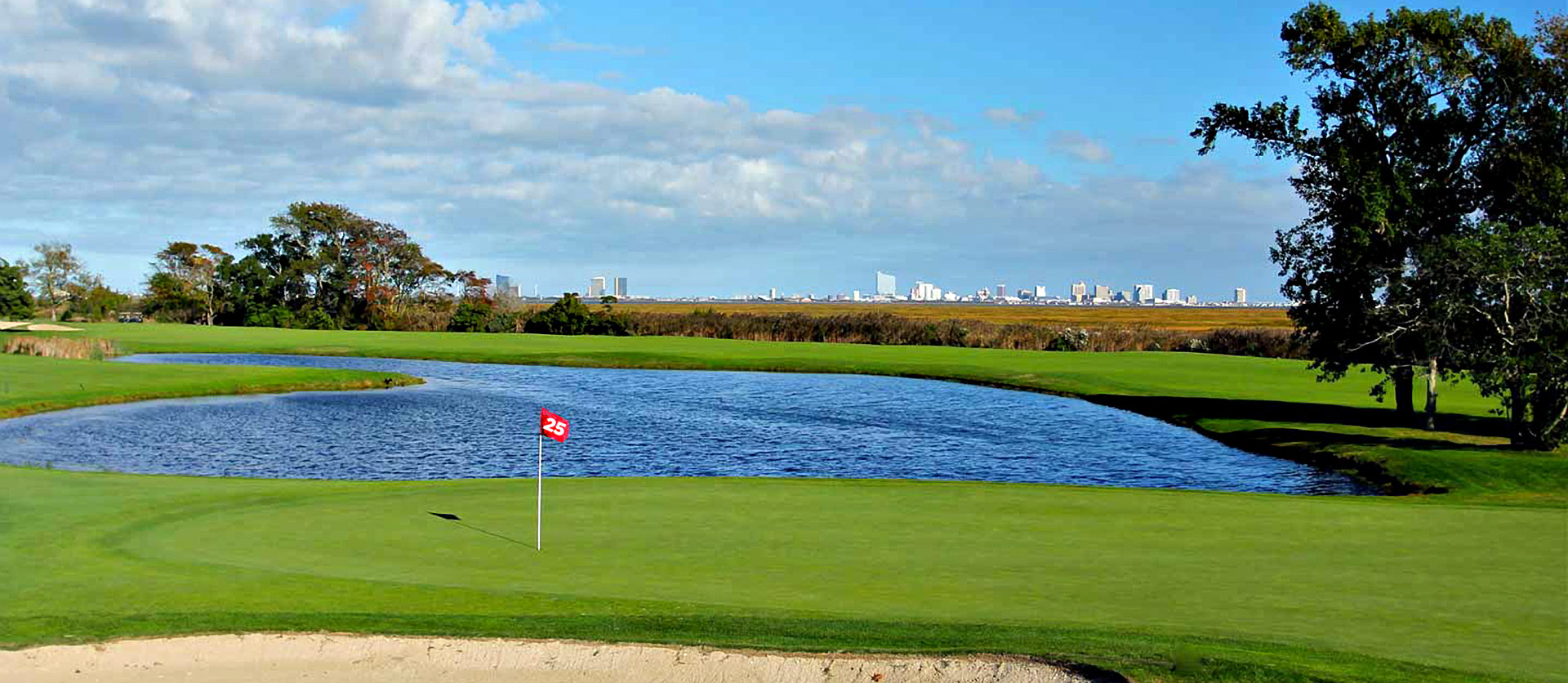
The 25TH MGSA SYMPOSIUM
November 2-5, 2017 · Stockton University · Galloway, NJ
Globalization and the return to the national:
Perspectives on Greece’s ongoing crisis
Professor Anna Triandafyllidou
Robert Schuman Centre for Advanced Studies
European University Institute
Abstract
Nations are faced today with a new set of social and economic challenges: economic globalisation has intensified bringing with it a more intense phase of cultural interconnectedness and political interdependence. Globalisation has also further driven and multiplied international flows not only of capitals, goods and services but also of people. National states have seen their capacity to govern undermined by these processes. However, in Europe, the nation continues to be a powerful source of identity and legitimacy. Indeed we are witnessing a comeback of nationalism as public and political debates. Governments and many citizens appear to think that re-nationalising control, erecting borders, separating from other countries will make national states more capable of addressing the global challenges of migration, asylum, or economic globalisation. On the other hand, we also however witness opposed trends. Through the power of information and communication technology we feel now much more related (and are actually more informed) about what is happening in other regions of the world and on how this affects our own lives (whether through a refugee surge or through a decrease in oil prices). International terrorism and foreign fighters joining the ISIS are one side of this coin, showing how cultural and political globalisation can transfer local integration problems and grievances to link up with international geopolitics breeding transnational extremism. At the same time, the various Indignados and Occupy movements across Europe, youth mobilisation in support of the Arab spring and Ghezi park movements, transnational commemorations of the victims of international terrorism in Paris testify to how globalisation can also reinforce transnational solidarity and mobilisation for common transnational causes like peace, equality or democracy.
Taking into account these contrasted tendencies and phenomena, this paper offers a critical reflection on the current social and political situation in Greece. Indeed Greece has been for the past 8 years in the middle of a perfect storm: the Eurozone crisis together with the refugee emergency, the rise of the far Right (Golden Dawn) but also a spectacular wave of solidarity towards refugees. Greece has shown both its best and its worse face: inability to reform the economy and the welfare system, the cost of reforms shouldered by the lower economic strata, blaming the EU and ‘the Germans’ for all of the country’s misfortunes, and at the same time a remarkable resilience of citizens and families, a rise in civil society initiatives and volunteering, and a remarkable level of political stability. This lecture will discuss these contrasted tendencies and social forces, paying special attention to both the destructive and creative forces of Greek nationalism and how they are transformed in the globalising 21st century.
